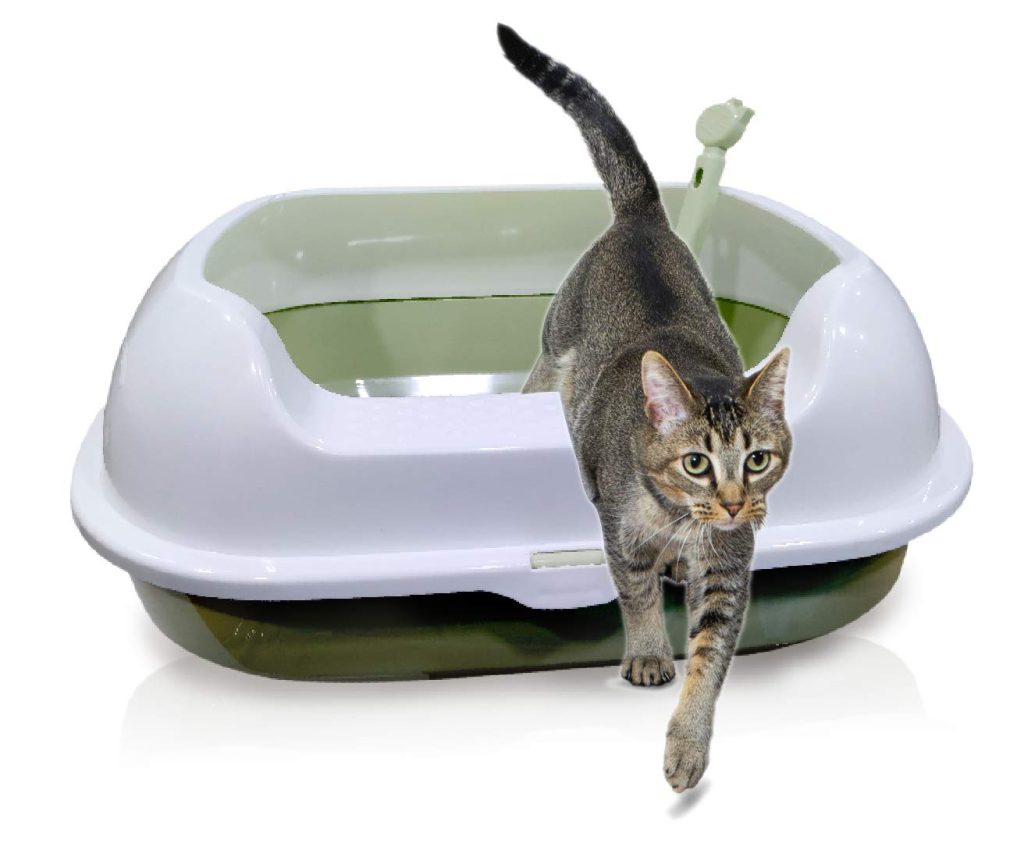Proper nutrition is the cornerstone of your dog’s health and well-being. Just like humans, dogs require a balanced diet to thrive, and understanding their nutritional needs can make a significant difference in their overall health. This guide will help you navigate the essentials of canine nutrition and ensure your furry friend receives the best possible diet. Dogs have specific nutritional requirements that differ from those of humans. Their diet should be rich in proteins, fats, carbohydrates, vitamins, and minerals. The exact needs can vary depending on their age, breed, size, and activity level.
The Role of Protein
Protein is crucial for dogs as it supports growth, muscle maintenance, and overall body function. High-quality proteins from sources like chicken, beef, and fish provide essential amino acids that are vital for your dog’s health. When choosing dog food, ensure that the protein source is listed as the first ingredient, which indicates a higher quality product.

Essential Fats
Fats are an important energy source and are necessary for the absorption of fat-soluble vitamins A, D, E, and K. They also help maintain healthy skin and a shiny coat. Look for dog foods that include sources of omega-3 and omega-6 fatty acids, such as fish oil or flaxseed, as these can help reduce inflammation and support cognitive function.
Carbohydrates and Fiber
Carbohydrates provide energy and support digestive health. Whole grains like brown rice and barley, as well as vegetables like sweet potatoes and carrots, are excellent sources of carbohydrates and fiber. Fiber aids in digestion and helps prevent constipation. However, some dogs may have sensitivities to certain grains, so be attentive to any digestive issues.
Vitamins and Minerals
Vitamins and minerals are necessary for various bodily functions. For example, calcium and phosphorus are crucial for bone health, while vitamins like A and E support vision and immune function. A balanced dog food should contain a mix of these nutrients, but if you are unsure, consult your veterinarian about whether a supplement might be necessary.
Homemade and Raw Diets
Some pet owners opt for homemade or raw diets. While these can be beneficial if carefully planned, they require thorough knowledge to ensure they meet all of your dog’s nutritional needs. Consulting with a veterinary nutritionist is recommended before making significant changes to your dog’s diet.
Portion Control and Monitoring
Portion control is crucial to prevent obesity. Follow the feeding guidelines provided by the food manufacturer, but also adjust based on your dog’s activity level and body condition. Regularly monitor your dog’s weight and consult your vet if you notice any significant changes.
Hydration
Always provide fresh, clean water for your dog. Proper hydration is essential for digestion, nutrient absorption, and overall health. Ensure your dog has constant access to water and observe their drinking habits to catch any potential issues early.
Feeding your dog for optimal health involves providing a balanced diet that meets their specific needs, avoiding harmful foods, and monitoring their overall well-being. By paying attention to canine nutrition requirements and making informed choices, you can help your canine companion lead a happy, healthy life.
